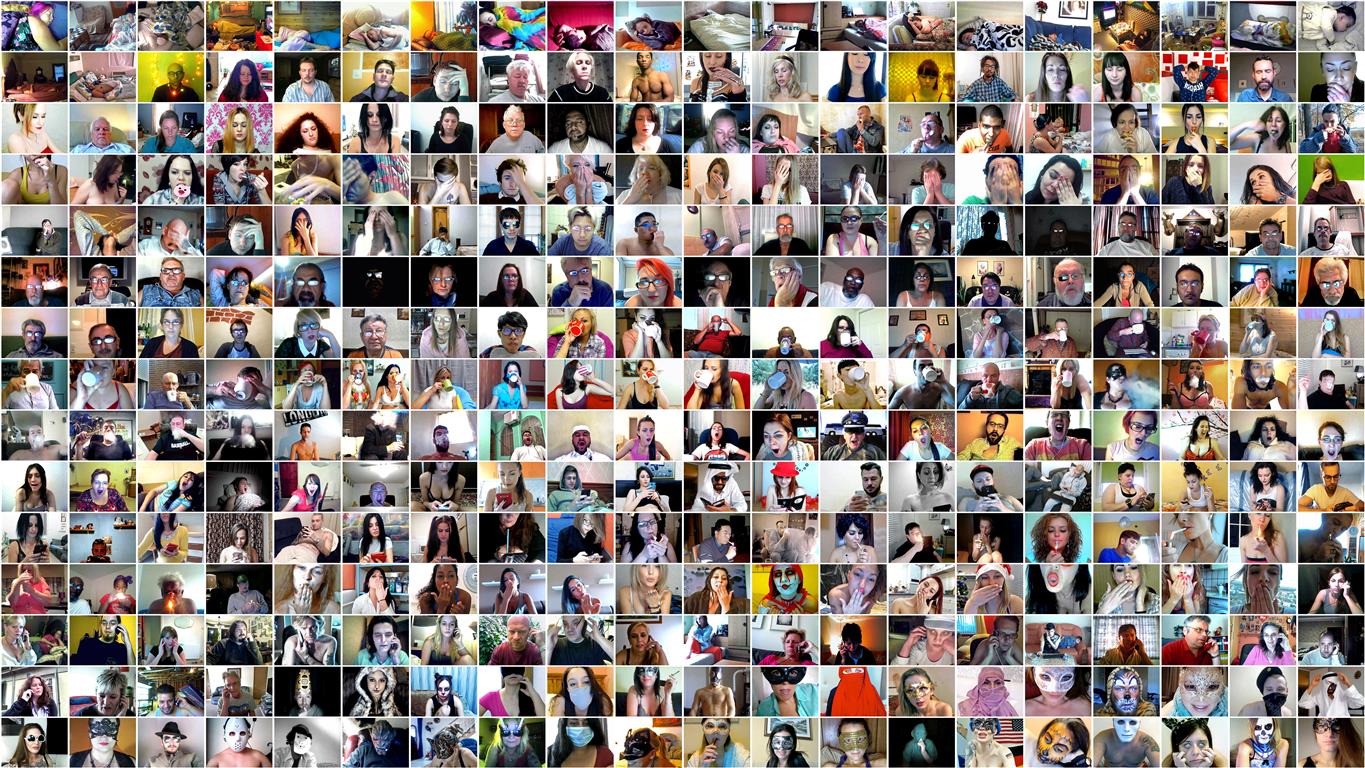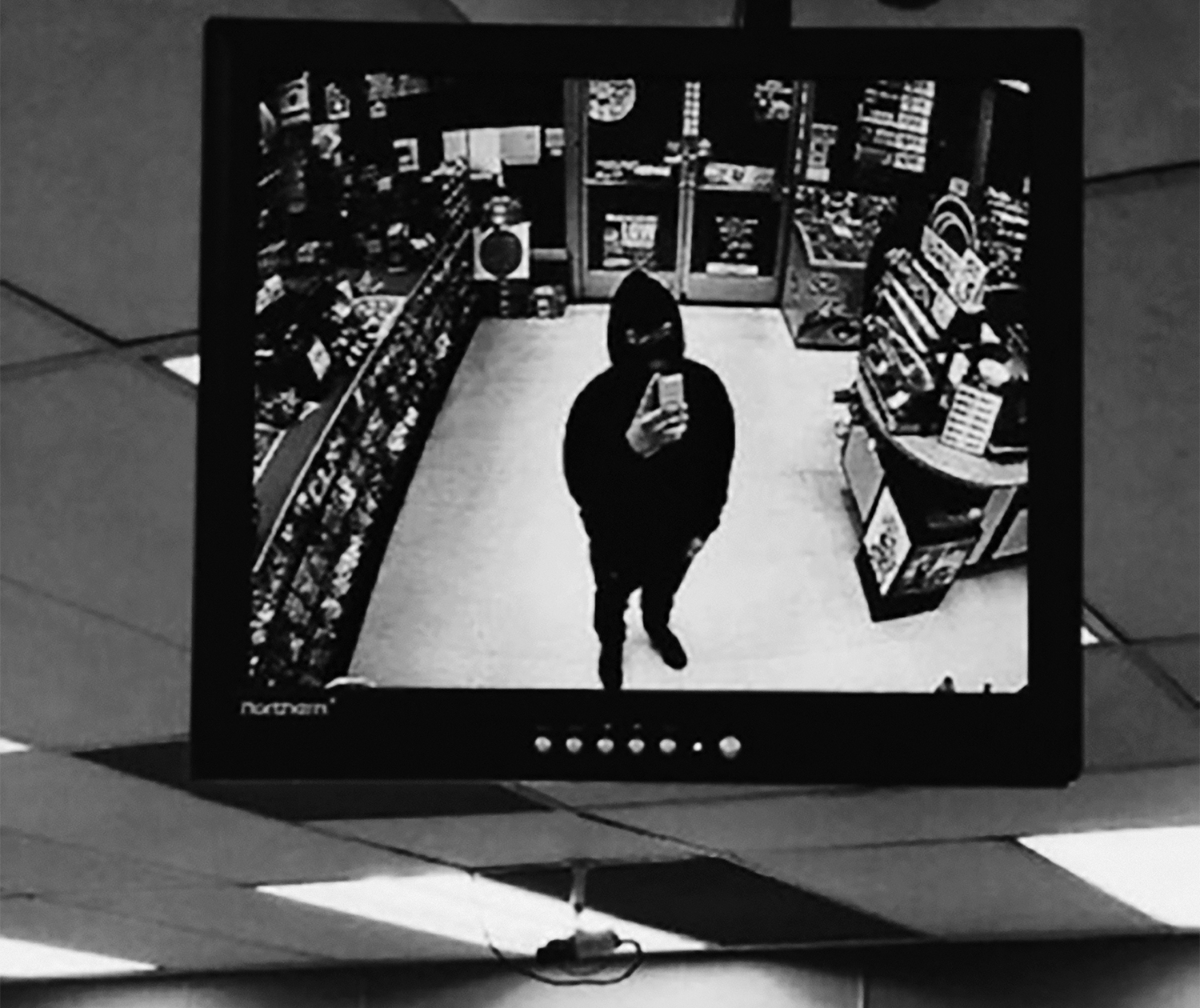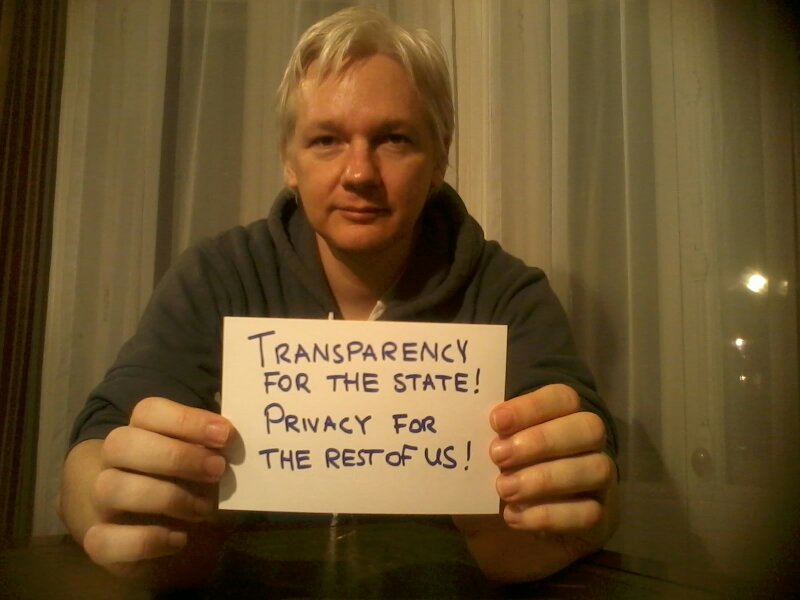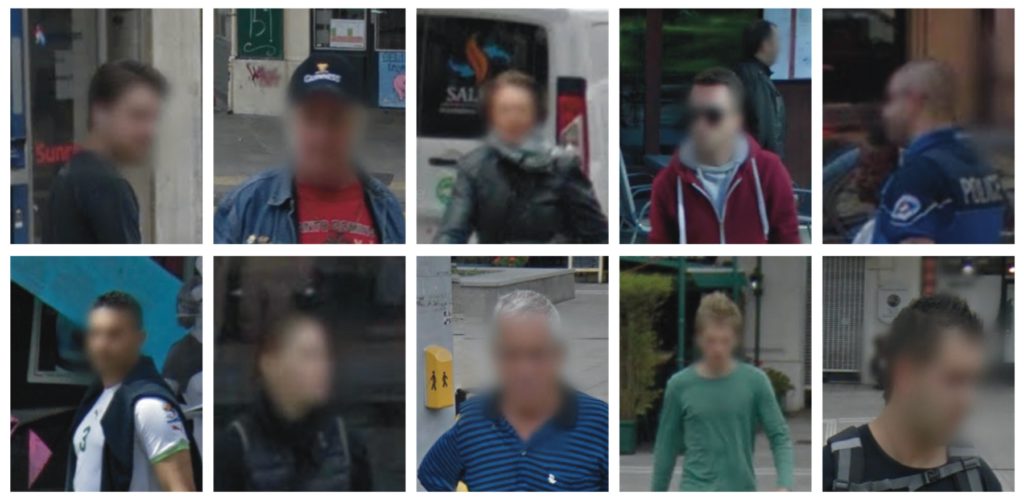50JPG Festival presents Caméra (Auto) Contrôle
Every three years, the 50JPG festival (50 Days for Photography in Geneva) explores contemporary society through the prism of photography. The festival revolves around a main exhibition organised by the Geneva Photography Centre and focuses on a specific theme. The festival includes events in over 30 partner locations in and around Geneva, from Pully in the canton of Vaud to Annecy in neighbouring France.

The thematic exhibition of the fifth edition of this festival, organised by the Geneva Photography Centre, is entitled 'Caméra(Auto)Contrôle'. The exhibition immerses visitors in the highly topical issue of drones and other photo- and video camera surveillance systems. This year, the world 'celebrates' the 25th anniversary of the introduction of CCTV video surveillance cameras in public spaces. CCTV cameras often have a smiley face sticker asking those being recorded – be it in a car park, at a supermarket check-out, or on public transport – to smile for the camera. Some artists, hackers and political activists refuse to smile on command, and either take control of the cameras or temporarily take them down. Sometimes they even hack into them. But such acts remain isolated, as there has never been a large-scale grass-roots movement against the increasingly invasive presence of anonymous surveillance cameras in public spaces.

At the same time, over the last 25 years street photographers, both amateur and professional, have increasingly experienced hostility and even physical aggression from ordinary citizens. Yet those same citizens meekly accept the fact they are being monitored round the clock by video cameras, and take selfies of themselves with their smartphones, which they share online, where they can be seen by huge numbers of people around the world.
We are blissfully unaware that by posting what is sometimes highly personal data online for the whole world to see, we are submitting to a form of social surveillance. The data we post is collected by the corporate giants of Silicon Valley, including Facebook and Google, to name the best known, and is in fact an invaluable asset to them. But thanks to Edward Snowden we now know that the data collected by these giants of the digital economy can end up in the hands of secret services around the world.
Many Swiss artists have trained their eye on this phenomenon with a touch of humour. The artists' collective !bitnik !, for example, traced every step of a journey made by a parcel with an integrated smartphone camera. The parcel, which was posted in Switzerland, arrived safely at the Ecuadorian embassy in London, where Julien Assange has been confined for over five years after having published a huge trove of classified US military and diplomatic documents online. In the same mischievous vein, Jérôme Leuba hacked into the video feed of the webcam pointed at Andy Warhol's grave in Pittsburgh, and Hervé Graumann has a humorous take on Google's visual identification programs.

In an altogether different register, Christof Nüssli and Christoph Oeschger have brought out a book entitled Miklós Klaus Rózsa which tells the story of a press photographer from Zurich who was under surveillance by the Swiss intelligence services during the Cold War. Their book is a collage of sorts drawn from the 3,200 index cards contained in Rózsa's secret service file. The collectif_fact presents its new video, and Manuel Schmalstieg is looking for people who have been photographed in Geneva by Google's car-mounted Street View cameras.

Caméra(Auto)Contrôle is the first exhibition to explore the relationship between the video surveillance cameras that watch our movements and the surveillance we subject ourselves to voluntarily with our own cameras. The exhibition, which runs from 1 June to 31 July 2016, also features a panel of over 60 contemporary artists.
Further information: www.50jpg.ch

